
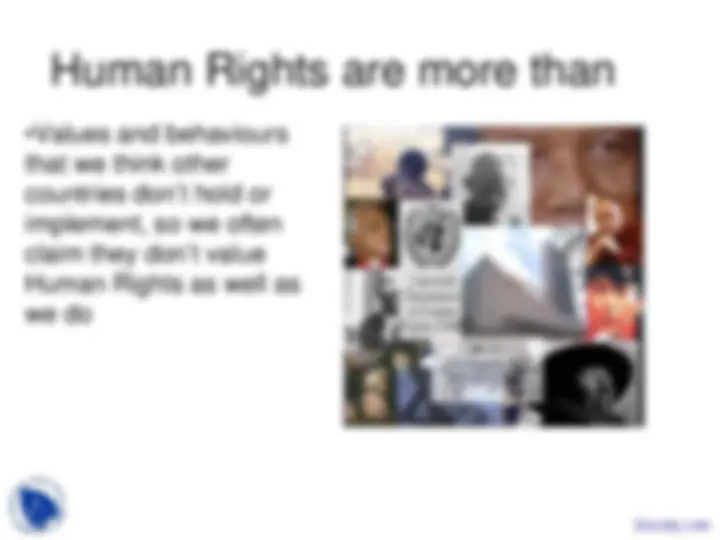
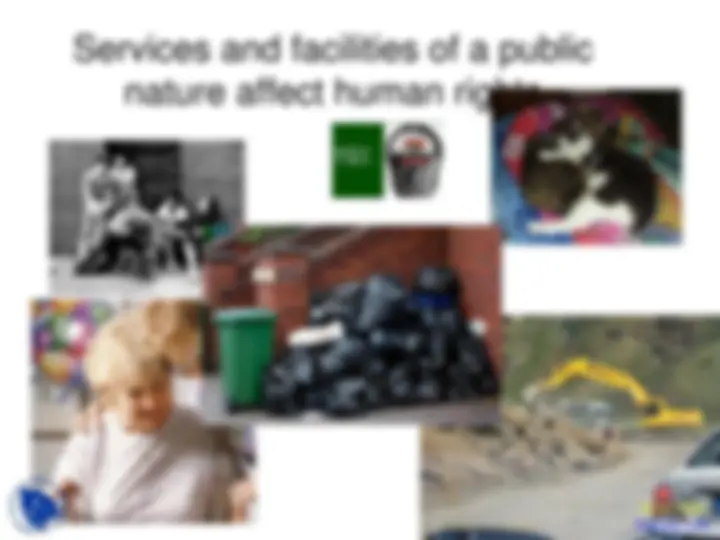
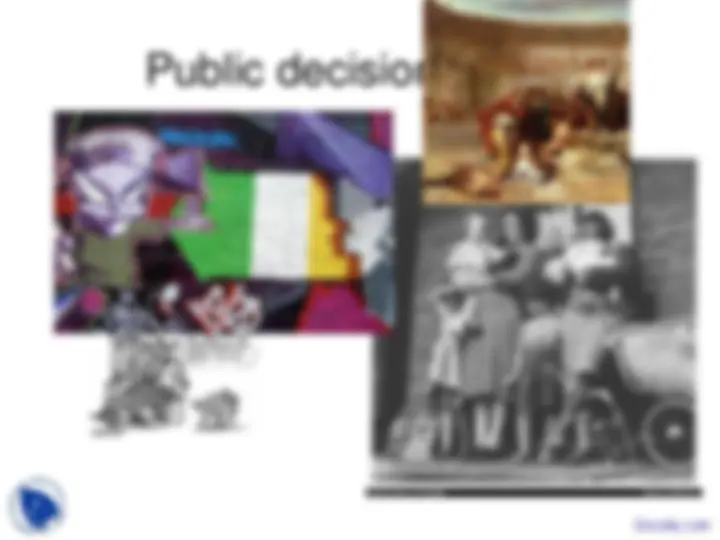
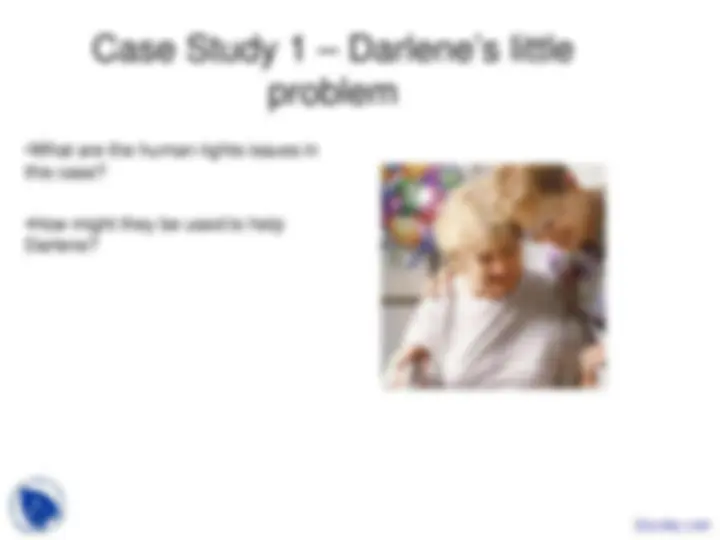
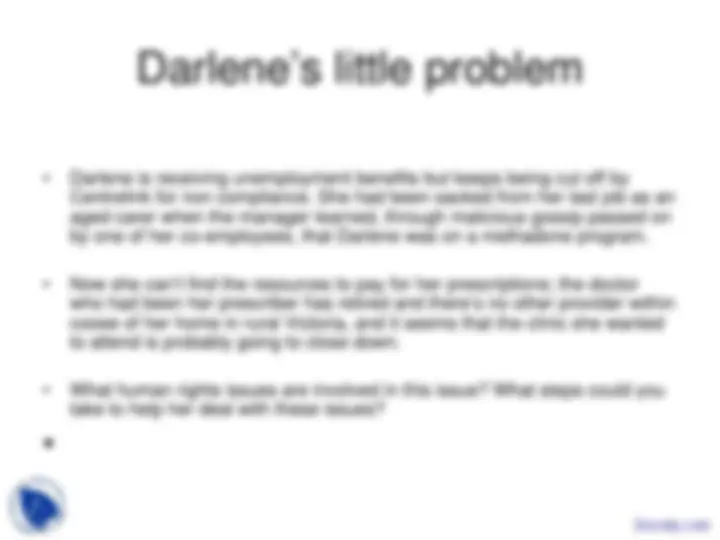
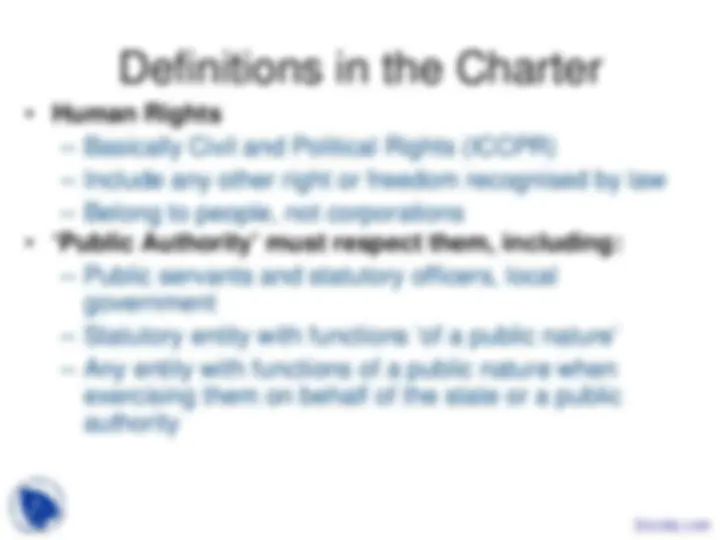
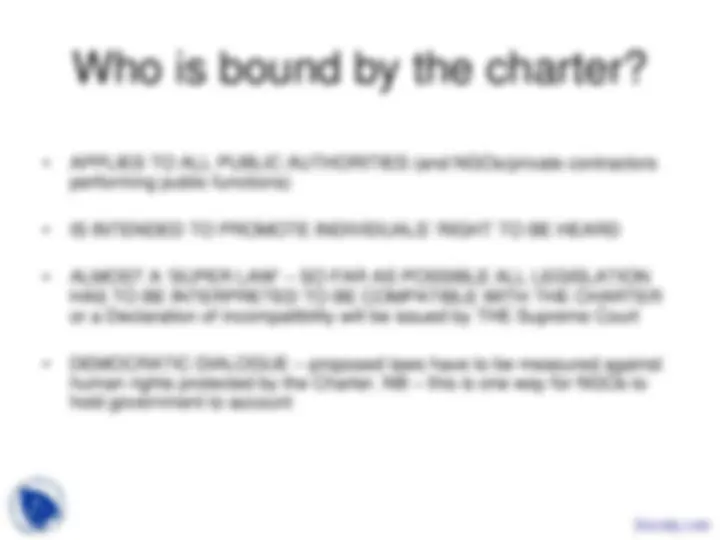
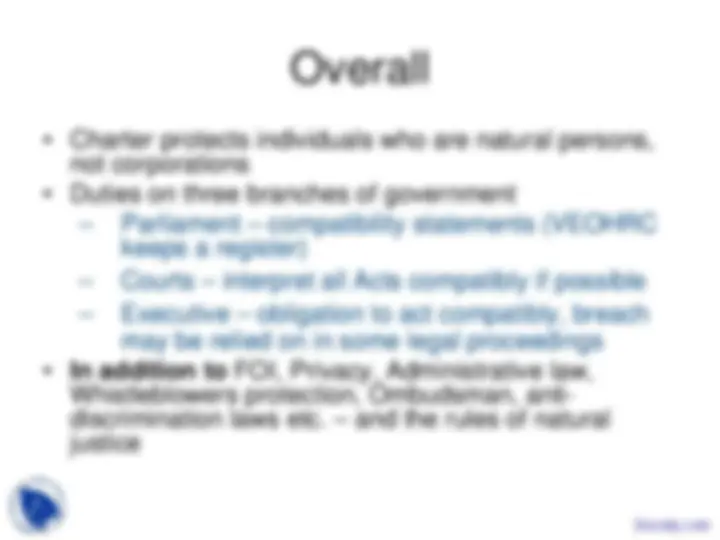
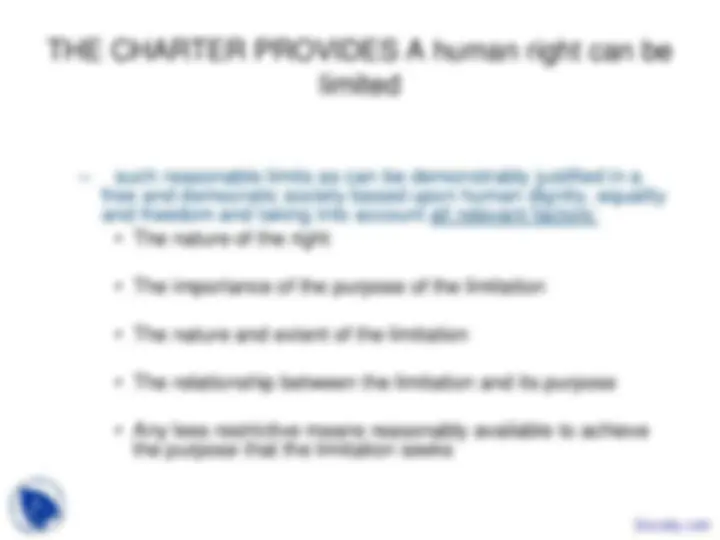
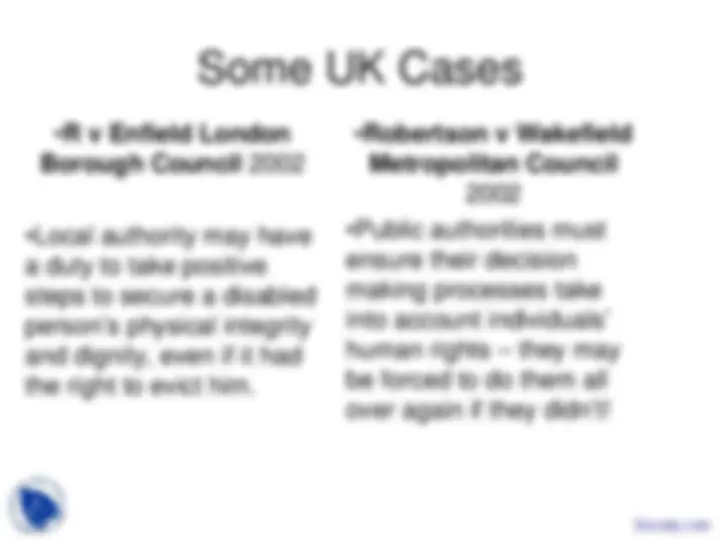
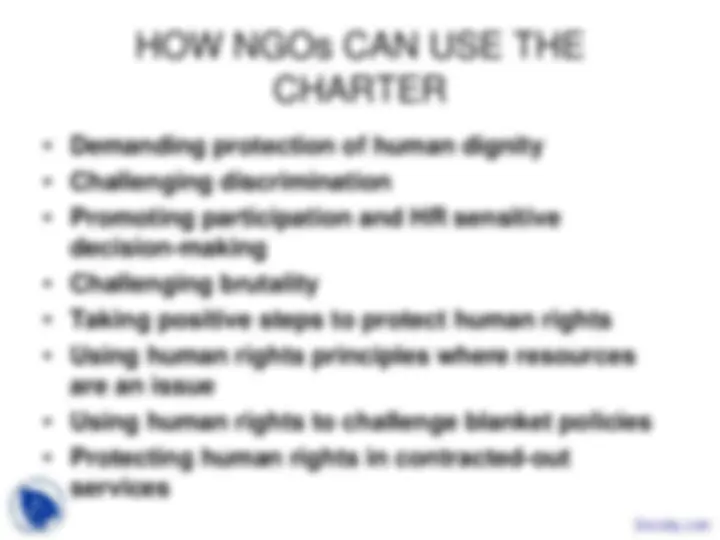
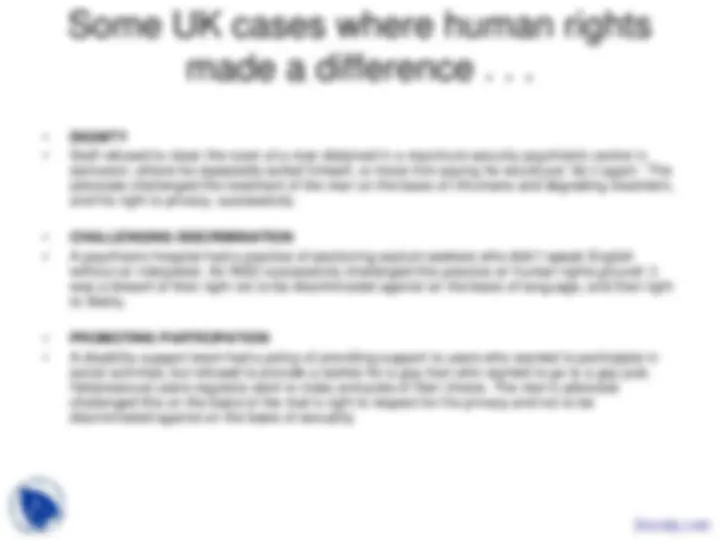
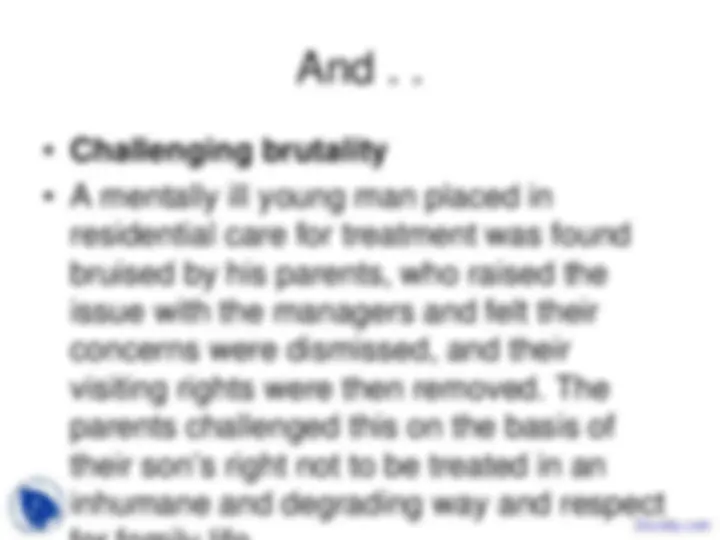
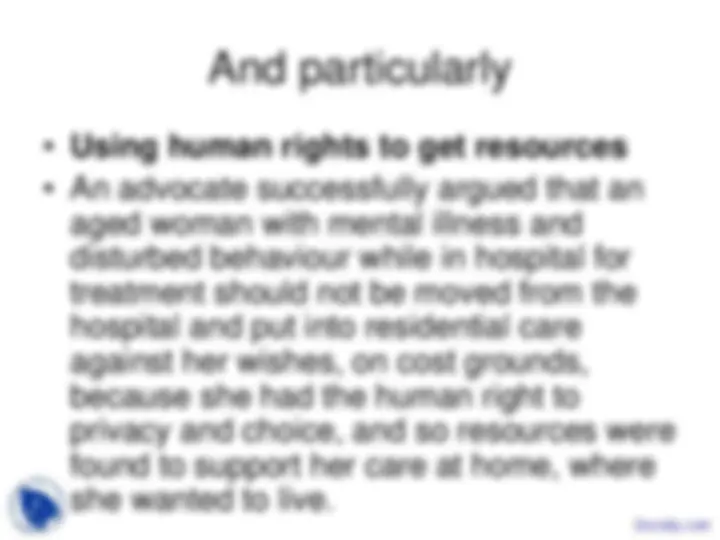
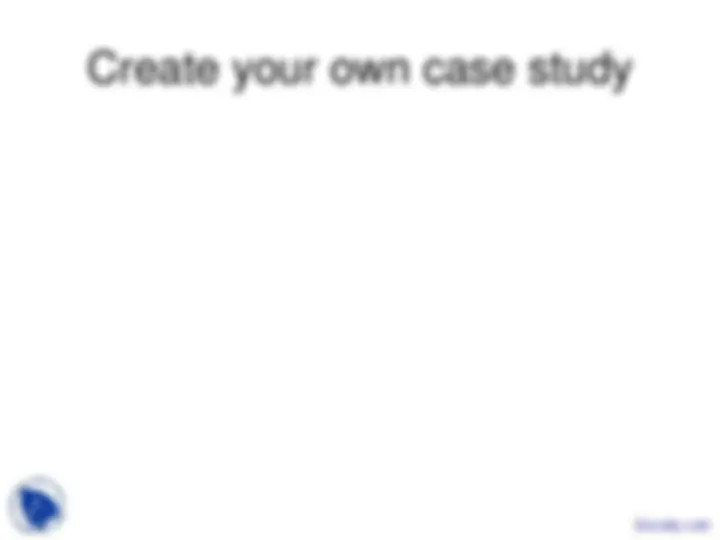

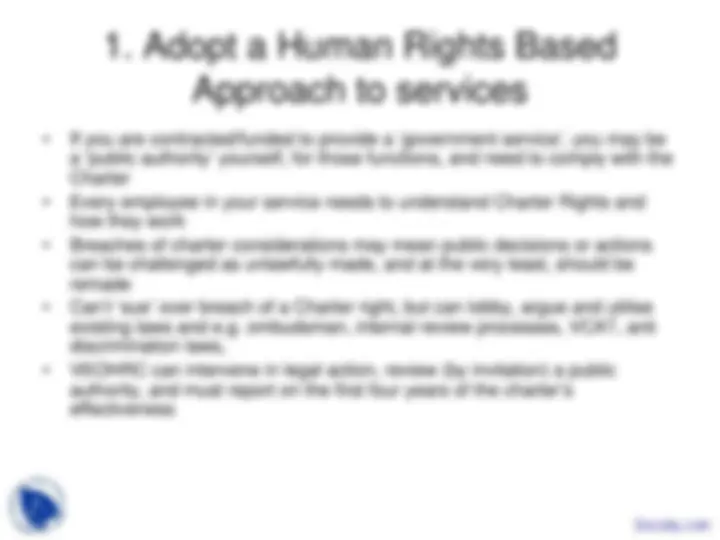
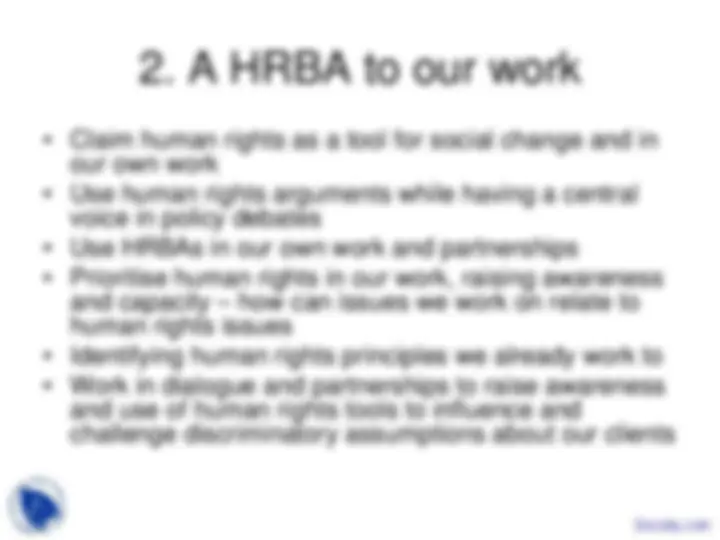
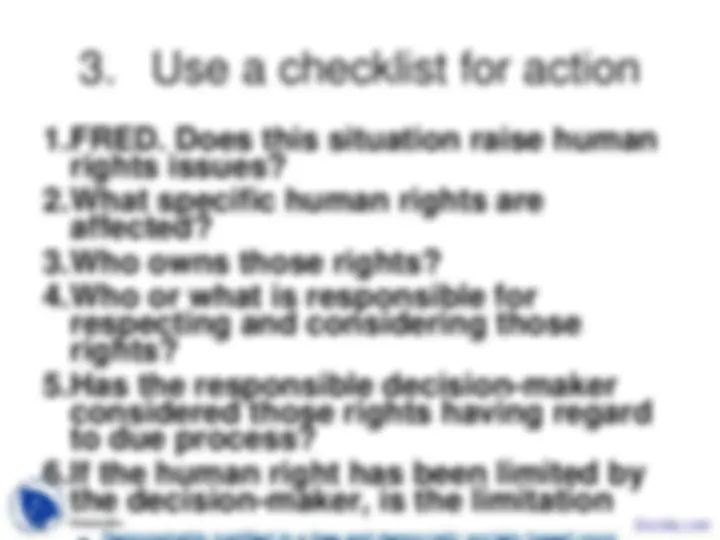
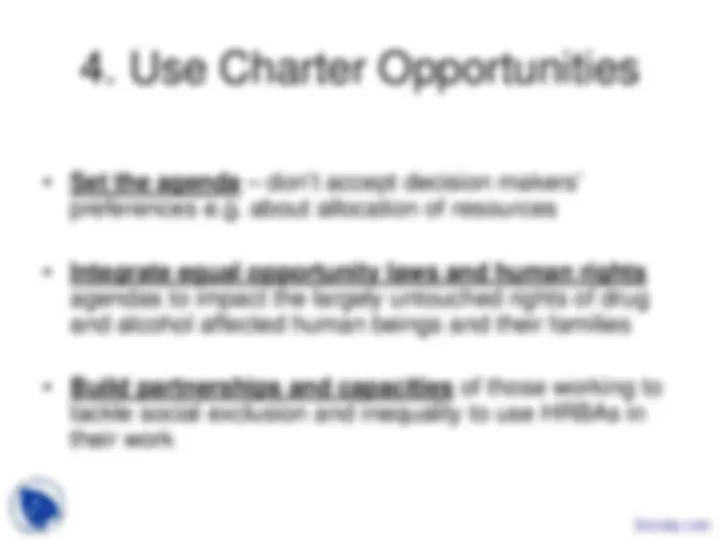


Study with the several resources on Docsity

Earn points by helping other students or get them with a premium plan


Prepare for your exams
Study with the several resources on Docsity

Earn points to download
Earn points by helping other students or get them with a premium plan
Community
Ask the community for help and clear up your study doubts
Discover the best universities in your country according to Docsity users
Free resources
Download our free guides on studying techniques, anxiety management strategies, and thesis advice from Docsity tutors
An overview of human rights, the charter of human rights and responsibilities in victoria, australia, and its application in various situations. It covers the principles of human rights, the role of public authorities, and case studies illustrating human rights issues and their resolution. This resource is useful for students, practitioners, and anyone interested in human rights and their implementation.
Typology: Slides
1 / 28

This page cannot be seen from the preview
Don't miss anything!





















old ways of doing things
How?
Local laws
liabilit y When?
Resp onsi biliti es
parliam Rights ent